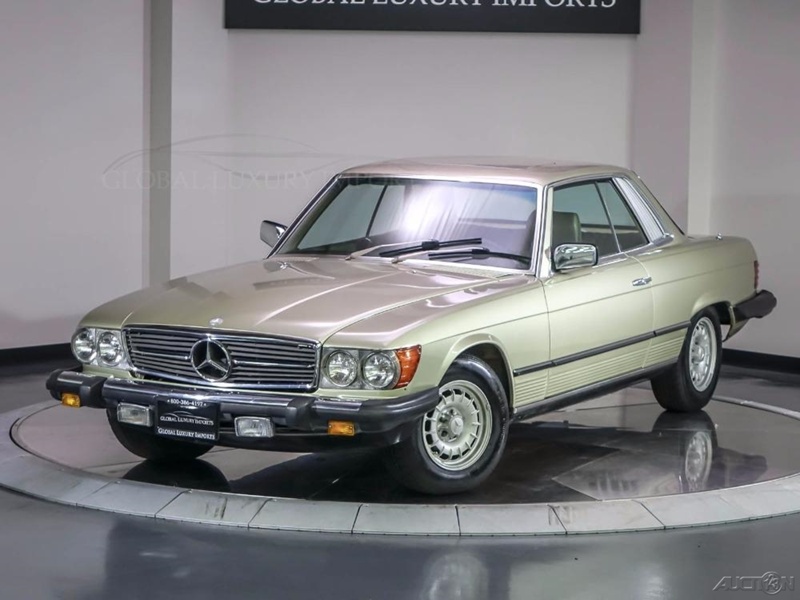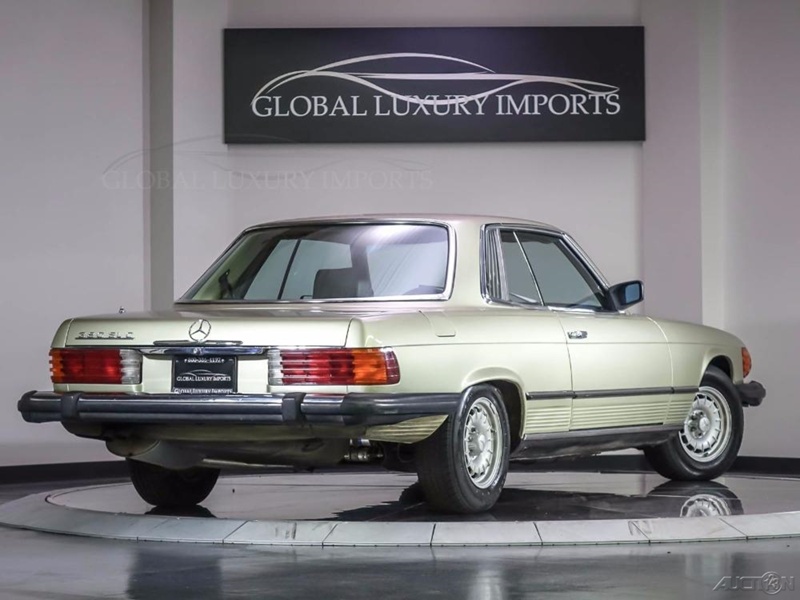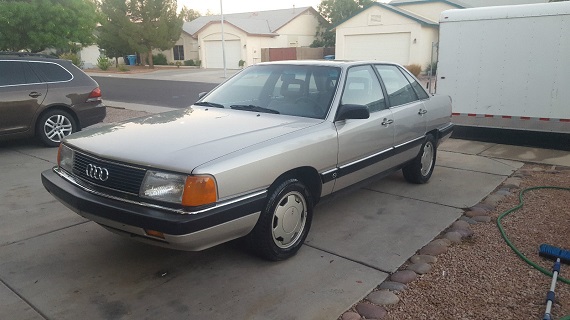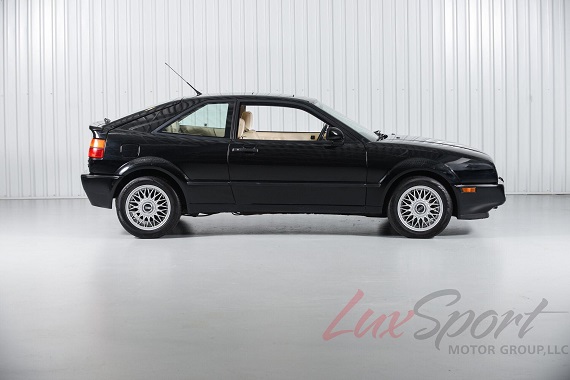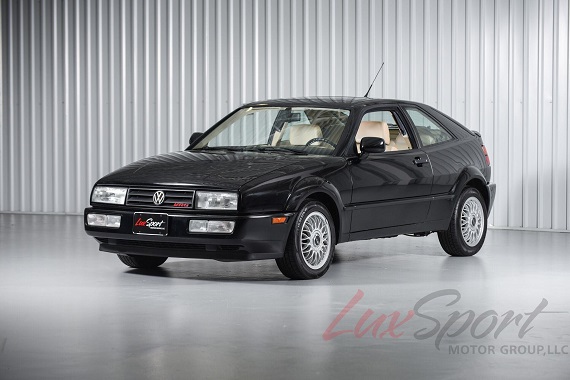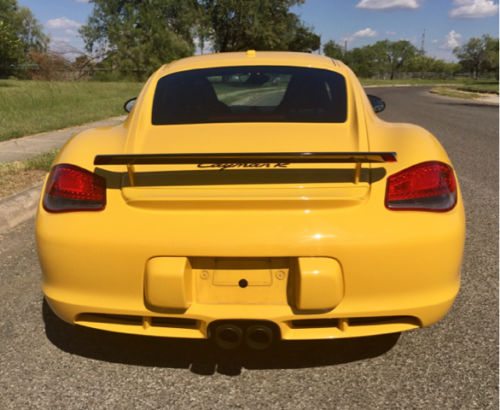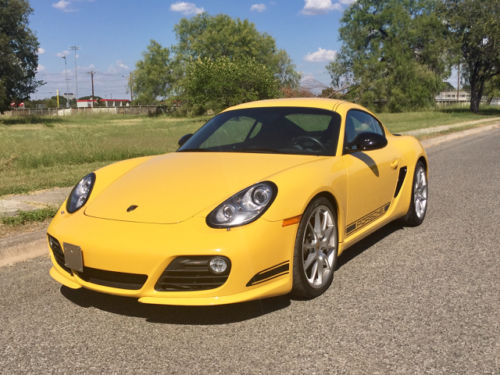As popularity of the BMW 3-series doesn’t seem to be waning much even with the death renaming of the 2-door variant, finding a slick coupe to set up apart from the BMW crowd can be difficult. Outside of the obvious M3 choice, the ZHP models like the one Craig wrote up on Friday are certainly highly prized and priced. When it came to the E46’s replacement, there was no ZHP package offered – bummer. But, late in the run BMW did roll out a very special package with an even more storied connection to the 3er. In 2011, BMW reintroduced the “is” moniker to the top-notch 335 2-door. The new 335is differed from the regular production run in many ways. Replacing the N55 motor was the trusty N54, just like in the 1M. BMW remapped the engine to deliver 320 horsepower and 332 lb.ft of torque channeled through a short-shift 6-speed gearbox or you could opt for the dual-clutch DCT 7-speed from the M3 for repeatable 5.0 second runs to 60. Because it was turbocharged, you also have a 7-second overboost function that gives you another 40 lb.ft in passing situations (or, to show off). The 335is helped to mitigate this additional power with a revised cooling system and heavier-duty motor mounts. The additional cooling meant no fog lights for the coupe, though oddly they could be had on the convertible 335is. Typical M adornments outside meant revised front and rear bumper covers, and the 335is wore unique Style 313 forged wheels measuring a substantial 19×8 in front and 19×9 out back. There were also discrete 335is badges under the side indicators to let drivers beside you know you were in some obscure BMW model besides a M3:
Month: September 2016
Last week I took a look at Kermit’s convertible – a early production run R107 450SL that was all green. Today’s 1981 380SLC represents the end of the run – but not for the 107 chassis in its entirety. As Mercedes-Benz moved to the new W126 chassis, it moved the big, personal coupe from the SLC to the SEC in 1982 and 1981 was the last year of C107 production. By the end of the run, there had been some changes to the lineup. Gone was the 4.5 liter M117, replaced by the smaller displacement M116 3.8 liter V8. With a single-row timing chain which proved problematic and low compression generating only 155 horsepower, they might just be the least desirable Mercedes-Benz V8. The later U.S. cars also enjoyed the added weight both physically and visually of the DOT-mandated 5 m.p.h. safety bumpers. It was as if Kurt Vonnegut’s Harrison Bergeron were playing out with automotive subjects. But there are a few reasons to like this SLC. Like the early 450SL I covered a bit over a week ago, today’s 380SLC comes to market looking like it could be Kermit’s personal luxury sports coupe:
CLICK FOR DETAILS: Mercedes-Benz 380SLC on eBay
1 CommentWhen originally I saw the link to this listing, I was unsurprised. Coming across a 28,000 mile pristine Corrado should be a cause for celebration among Volkswagen fans, but it has almost become expected from the seller Luxsport Motor Group, who currently has no less than three pristine and original Corrados in their inventory. That number includes currently one of the two Corrado Magnum prototypes I wrote up in May, but they’ve also had a string of amazing G60s and SLCs. Still, this early 28K SLC looked pretty familiar to me….
CLICK FOR DETAILS: 1992 Volkswagen Corrado SLC on eBay
1 CommentFrom seemingly the moment it released the Cayman Porsche was criticized for holding it back so as not to outclass the 911. As we often heard, the Cayman’s inherently better balanced mid-engine layout should easily be able to outperform Porsche’s icon, if only Porsche would truly unleash it and give it a proper engine. Regardless of this criticism, the Cayman has been widely praised; it followed in the long footsteps of Porsche’s racing history providing excellent performance and refinement in the same package. With the release of the Cayman R criticism was abated. With the new Cayman GT4 we have a glimpse of what the Cayman truly can be. Here we have an example of the former, a Speed Yellow 2012 Porsche Cayman R, located in Texas, with 12,726 miles on it. The Cayman R didn’t really add much in the horsepower department – gaining only 10 hp over the standard Cayman S – but when combined with its lighter weight – some 120 fewer pounds than the Cayman S – the results began to take shape. Marry extra power and lighter weight with more performance-oriented suspension tuning and the Cayman R stood apart from its mid-engined siblings and finally bit at the heels of the 911. Was the R akin to the 911 GT3 RS in its track focus? Not quite, but it pointed in that direction and gave many critics what they had clamored for.


